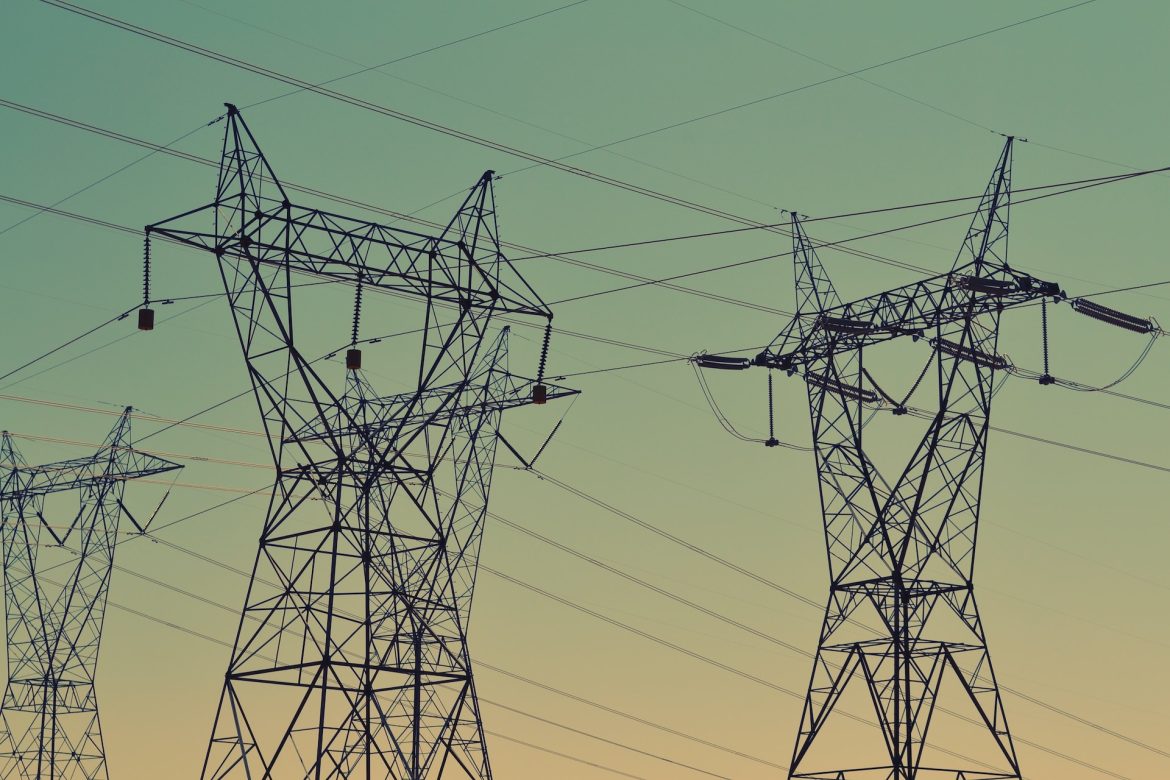Nigeria’s electricity sector is enduring a drawn-out crisis, largely because of the failure to metre an adequate number of customers, resulting in approximately seven million users remaining unmetered, even with a slight two percent improvement in metering rates.
The Nigerian Electricity Regulatory Commission (NERC) revealed in its 2023 second-quarter report that out of 12,561,049 registered electricity customers, only 44.16 percent have metres. This stark deficiency highlights a significant 55.84 percent shortfall, with over seven million customers left in a lurch, leading to persistent billing conflicts and systemic inefficiency.
Adding to the sector’s woes, NERC announced a reduction in available generation capacity from the nation’s 26 grid-connected power plants. Generation tumbled to 4,387.91 MW, marking a 4.73 percent dip compared to the previous quarter. This decline stems from disruptions in gas supply, mechanical breakdowns, ongoing maintenance, and operational issues at hydro-dams, all contributing to the sector’s fragile state.
According to a report by The Guardian, the second quarter of 2023 did witness a modest rise in metering, with 178,864 new customers receiving metres. However, this development barely shifted the overall picture, with Ikeja, Ibadan, Abuja, and Enugu DisCos at the forefront, accounting for 72.69 percent of installations.
In contrast, metering efforts regressed for several DisCos, including Yola, Kaduna, and Enugu, indicating inconsistent progress across entities. The report specifies that the MAP framework covered most of the newly metered customers, while a smaller fraction benefited from other programmes like the National Mass Metering Programme (NMMP).
Industry stakeholders voice their unease regarding the slow rate of progress, deeming the minimal two percent change inadequate. Adetayo Adegbemle, the Executive Director of PowerUp Nigeria, calls for the implementation of sustainable policies and a steady rate of installations to address the deficit. He stresses the urgent need for heavy investment in metering infrastructure to kickstart stagnant efforts.
In a similar vein, Emeka Ojoko, a lawyer and Executive Coordinator of the consumer protection initiative NEPA WAHALA NG, condemns the subpar results, pinpointing the lack of penalties in the 2018 MAP Regulation that could spur DisCos into action. He also observes that the delayed commencement of the NMMP’s next phase and impediments in procurement, exacerbated by local manufacturers’ legitimate concerns, are hindering progress.
To conclude, the persistent electricity crisis in Nigeria, characterised by gaping metering voids and stumbling generation, urgently demands comprehensive solutions. These must encompass policy reform, infrastructural investment, and steadfast regulatory supervision to stabilize the sector.



